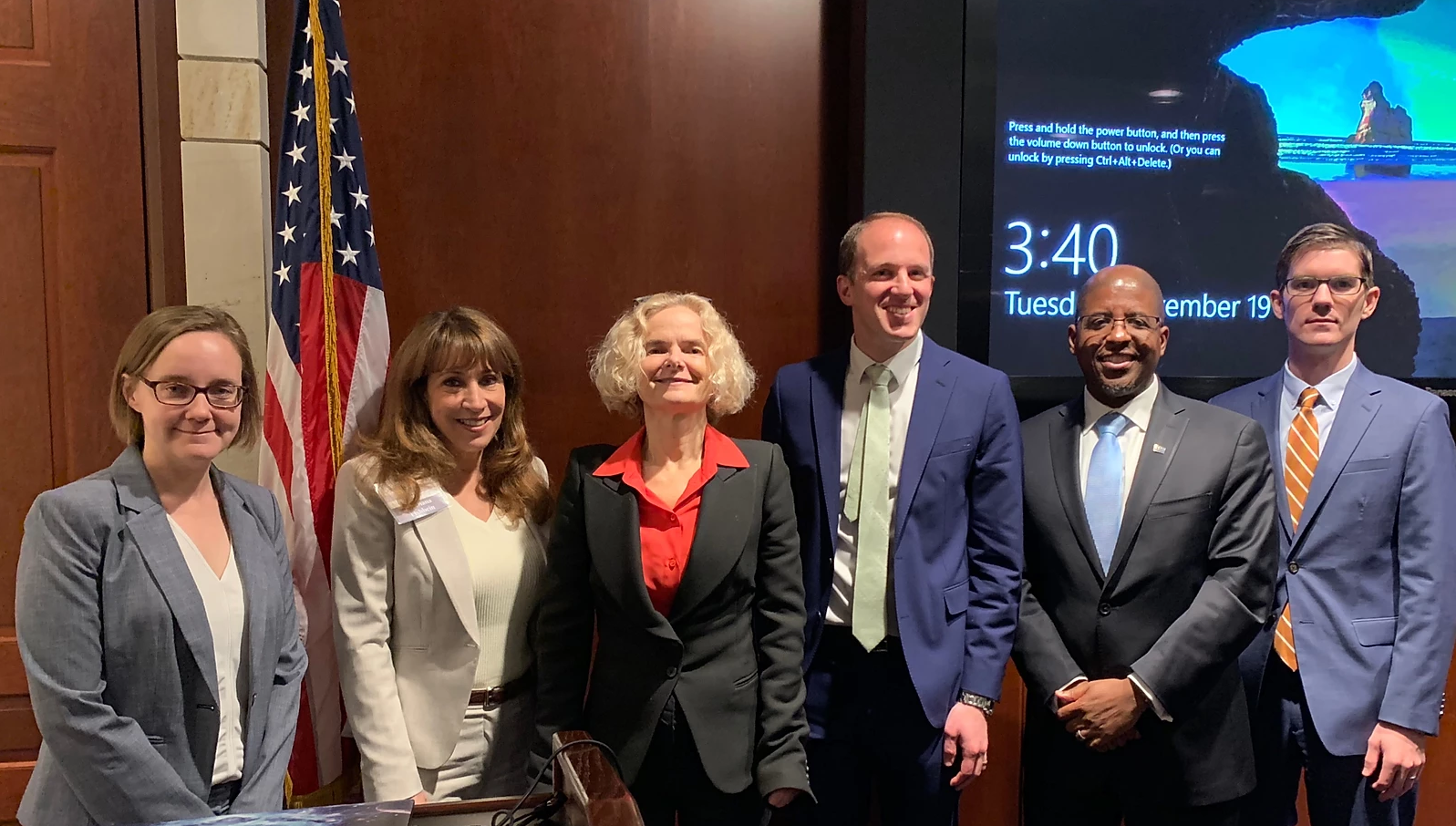
The National Prevention Science Coalition to Improve Lives (NPSC) and the Congressional Addiction, Treatment and Recovery Caucus (ATR) co-hosted a briefing with internationally recognized experts to discuss the dual challenges of addiction and dependence in developing policy responses to the opioid epidemic. Although many people conflate addiction and dependence, they are not the same, and the distinction has important implications for the millions of people who rely on opioid medications for pain management.
Addiction refers to compulsive drug use, despite harmful consequences, such as an ability to meet work, social and family obligations. Dependence, on the other hand, reflects the body’s adaptation to drug use over time—the development of tolerance to its effects and withdrawal in its absence. There are millions of patients in the US who rely on opioids for pain management and, over the years, have become dependent on them, including veterans, ex-athletes, accident victims, people with disabilities, and cancer patients. Most of these people are not addicted to these medications, and proper screening, appropriate prescribing and careful monitoring can prevent the escalation from dependence to addiction. As policy makers continue to explore solutions to addressing the nation’s opioid crisis, it is imperative to ensure that pain patients who could benefit from opioid analgesics do not suffer unintended consequences of well-intentioned policies aimed at restricting access to these medications when their use is appropriate.
This briefing brought together lawmakers, regulators, physicians and other scientists, and the public into this critical conversation. Speakers addressed the science of addiction and dependence, how the distinction between them affects clinical practice and policy, and specific strategies suggested by the medical and prevention sciences for ensuring that patients’ differential needs are met. The latter includes: (1) a public health campaign to educate the public, lawmakers, industry leaders and community organizations about the distinction between dependence and addiction and its policy implications; (2) destigmatizing appropriate medical use of opioids to ensure patients receive needed treatments; (3) routinely implementing assessments to distinguish patients with addiction from those with dependence to appropriately guide remedies; and (4) scaling up evidence-based individual, family, school and community-level preventive interventions and policies to reduce exposure to the detrimental conditions that lead to addiction (Prevention and Intervention). Although prescribing and monitoring are largely a physician-based undertaking, state and federal governments play a role in providing regulatory oversight and legislative guidance that support the evidence-based initiatives needed.
The briefing was in collaboration with the Congressional Addiction, Treatment and Recovery Caucus (ATR). See video here.